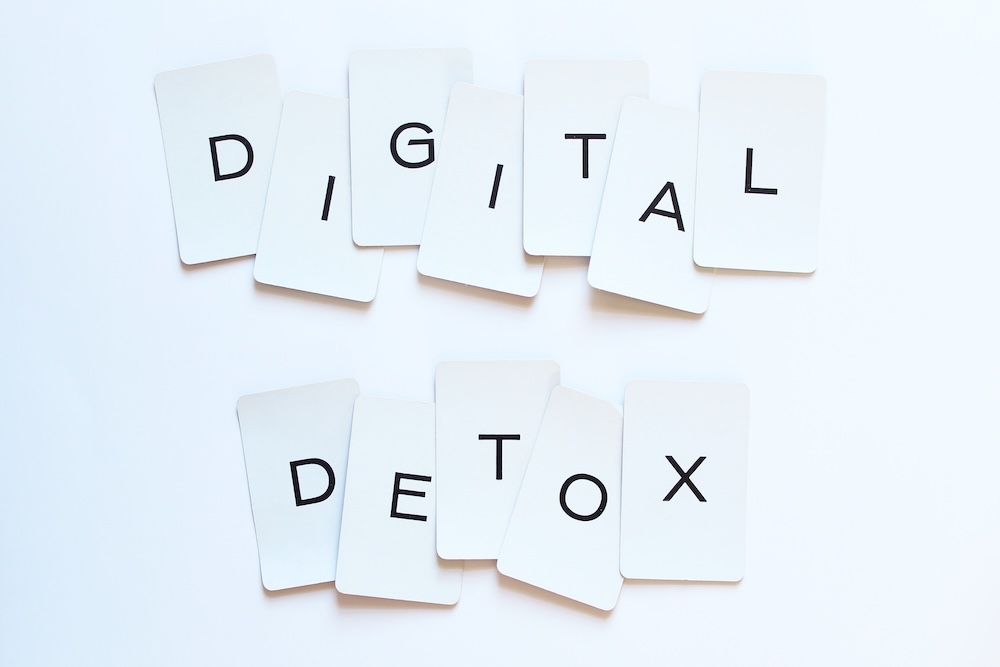In today’s fast-paced, always-online culture, devices are rarely out of reach. Phones, tablets, and laptops connect us instantly, but they also tether us to constant alerts and demands for attention. While digital tools can enrich our lives, overuse strains mental health, drains energy, and erodes presence.
Taking a digital detox—a conscious break from screens—offers a path to restore focus, creativity, and balance. It’s not about abandoning technology but setting healthier boundaries that allow us to thrive offline while using devices more intentionally.
Why a Digital Detox Matters
The human brain isn’t wired for endless pings and infinite scroll. Research links excessive screen time to anxiety, sleep disruption, and reduced productivity. Constant exposure to online content also fuels unhealthy comparison, leading to stress and lower self-esteem.
From an environmental standpoint, every moment online has a cost. Streaming video, cloud storage, and nonstop notifications all require electricity and data processing, contributing to global energy use and emissions. Choosing to unplug doesn’t just support personal well-being—it also helps reduce digital energy waste, aligning self-care with sustainability.
The Hidden Cost of Devices: E-Waste
Beyond energy use, the physical devices that keep us connected leave behind a serious environmental burden: electronic waste (e-waste). Smartphones, laptops, and tablets require rare earth minerals, toxic chemicals, and carbon-heavy manufacturing. When discarded, many end up in landfills or are improperly recycled, releasing hazardous substances into soil and water.
Taking breaks from constant upgrades and overuse can extend the lifespan of devices. Repairing, reusing, or reselling electronics is one of the most effective ways to reduce e-waste. A digital detox supports this mindset: valuing durability over disposability.
Benefits of Taking a Digital Detox
1. Restoring Mental Clarity
Without constant notifications, the brain gets space to reset. Stepping away from screens can lower cortisol, reduce stress, and help regulate mood.
2. Boosting Creativity and Focus
Unplugged time gives your mind freedom to wander, often sparking new ideas. Writers, artists, and problem-solvers frequently find breakthroughs offline.
3. Improving Sleep Quality
Blue light and late-night scrolling disrupt circadian rhythms. By unplugging before bed, you improve the chances of deep, restorative sleep.
4. Strengthening Relationships
Putting devices aside creates space for genuine connection—with family, friends, and yourself. Presence strengthens bonds in ways no app can replicate.
5. Supporting Sustainability
Every email, post, or video has a carbon cost. Reducing digital activity helps cut emissions from server farms and power grids. When combined with extending device lifespans, a digital detox contributes to a broader circular economy approach.
How to Start a Digital Detox
Define Your Boundaries
Choose limits that work for you: no social media after 8 p.m., a weekly tech-free Sunday, or a full day without screens. Clear commitments make it easier to stay consistent.
Replace Screens with Restorative Activities
Read a physical book, cook, garden, walk outdoors, or explore a hands-on hobby. Activities like these ground you in the moment and refresh your energy.
Use Tech to Help You Unplug
Paradoxically, tech itself can help. Set app timers, mute notifications, or enable “focus” modes to create intentional offline time.
Create Accountability
Tell friends or family about your detox. Better yet, invite them to join. Shared goals create encouragement and make digital breaks more enjoyable.
The Ripple Effect of Disconnecting
A digital detox is more than personal self-care—it’s a cultural shift. Each choice not to scroll, stream, or upgrade reduces digital waste, saves energy, and curbs e-waste. By reclaiming focus and redefining how you use technology, you contribute to healthier communities and a more sustainable planet.









Reader Interactions